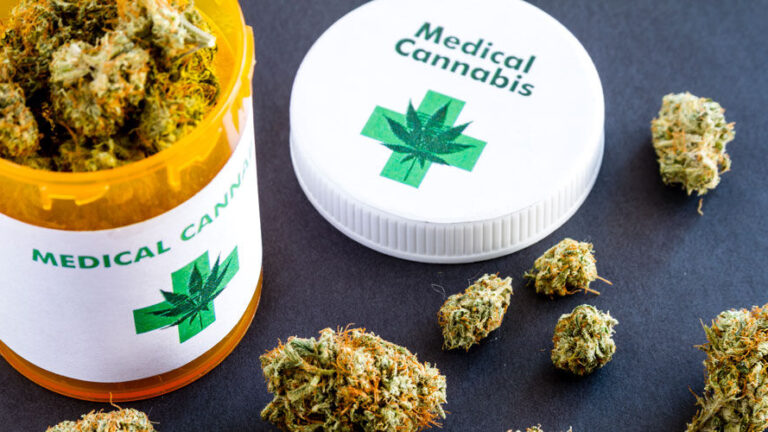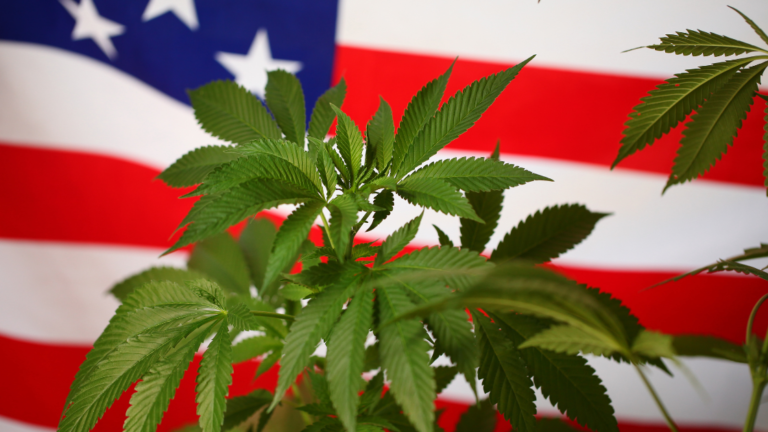
Explosive Hope: Trump’s Bold Push for Federal Cannabis Rescheduling Sparks Major Reform Momentum in 2025
In a landscape where cannabis rescheduling has long been mired in bureaucratic red tape and political gridlock, 2025 is shaping up to be a pivotal year. With President Donald Trump publicly signaling his intent to reclassify marijuana as a less dangerous drug, the federal cannabis rescheduling conversation is heating up like never before. This move could unlock unprecedented opportunities for medical research, ease criminal penalties, and pave the way for broader marijuana reform. As advocates and industry leaders hold their breath, the latest legalization news points to tangible progress amid ongoing debates over full federal legalization.
Understanding the Current Federal Cannabis Landscape
Federal cannabis laws have remained largely unchanged since the 1970s, classifying marijuana as a Schedule I substance under the Controlled Substances Act (CSA). This places it alongside drugs like heroin, deeming it to have “no currently accepted medical use” and a “high potential for abuse.” Despite this, 40 states, three territories, and the District of Columbia now allow medical cannabis, while 24 states and D.C. have legalized adult-use marijuana as of August 2025. This stark contrast between state and federal policies has created challenges for businesses, including restricted access to banking and interstate commerce.
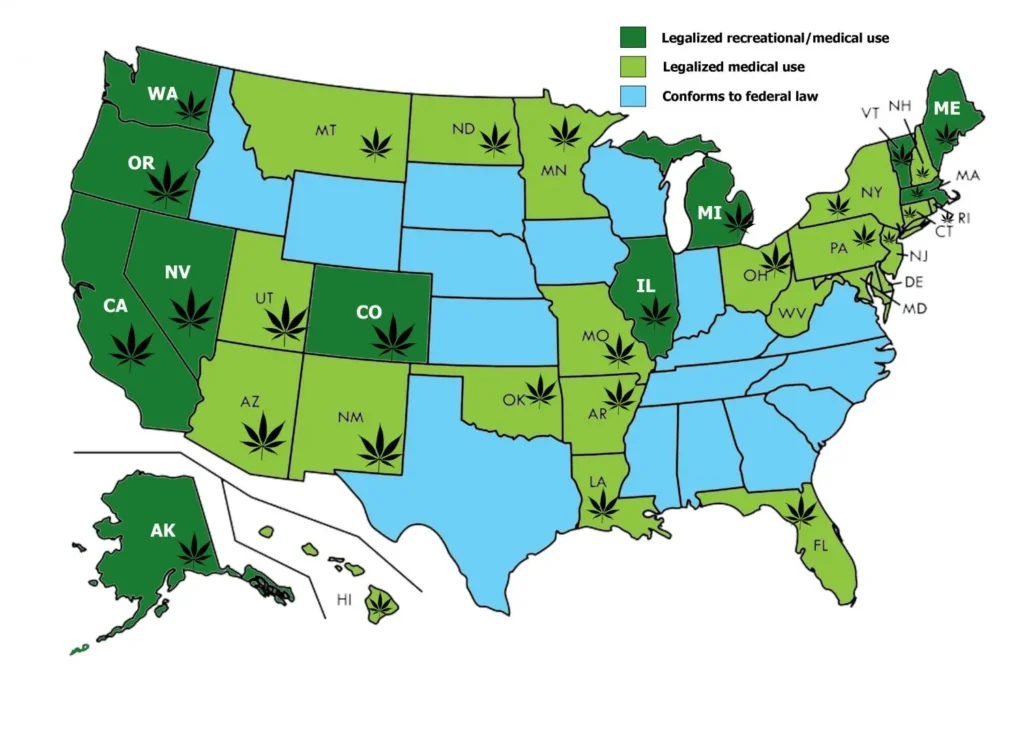
Key keywords in the discourse—such as cannabis rescheduling, federal marijuana, and marijuana news today—highlight the urgency. Polls show that a majority of Americans, including marijuana consumers, expect federal legalization by 2028. Yet, without federal action, issues like high taxes, illegal markets, and limited research persist.
| CSA Schedule | Examples | Key Characteristics | Implications for Cannabis |
|---|---|---|---|
| Schedule I | Heroin, LSD, Marijuana (current) | High abuse potential, no accepted medical use | Strict penalties, no federal prescriptions, limited research |
| Schedule III (proposed for cannabis) | Ketamine, anabolic steroids | Moderate abuse potential, accepted medical use | Reduced penalties, easier research, potential for prescriptions |
| Schedule V | Cough preparations with codeine | Low abuse potential | Minimal restrictions, over-the-counter in some cases |
This table illustrates the potential shift if rescheduling occurs, a core element of the latest federal legalization news.
Trump’s Stance and Recent Developments
President Trump has thrust federal cannabis rescheduling news into the spotlight by confirming his administration is “looking at” reclassifying marijuana to Schedule III. In a recent statement, he said a decision could come “over the next few weeks,” reaffirming reports that his team is reviewing the issue. This follows the Biden administration’s 2023 initiation of a rescheduling review, where the Department of Health and Human Services (HHS) recommended the change based on marijuana’s medical value and lower abuse risk compared to Schedule I drugs.
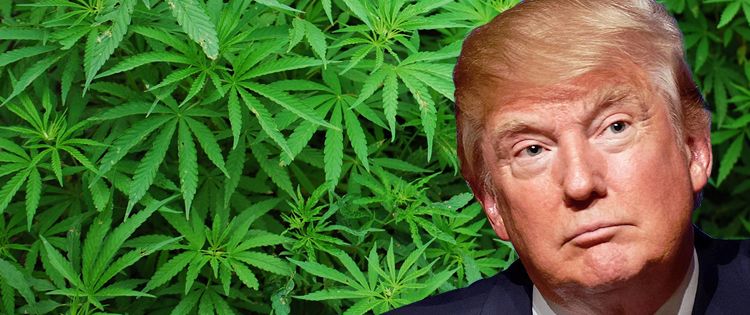
Trump’s comments, made during a donor event, emphasize a balanced approach: maintaining some controls while addressing outdated classifications. Supporters like former NFL stars and cannabis advocates have met with White House officials, pushing for this reform as a way to correct past injustices and boost economic growth. On X (formerly Twitter), discussions from influencers like DC_Draino echo this sentiment, calling the current Schedule I status “absurd” and advocating for Trump’s campaign promise on rescheduling.
However, not all in Trump’s circle agree. Nominees like Attorney General Pam Bondi and FDA head Marty Makary have historically opposed broad legalization, viewing cannabis as a potential gateway drug. Despite this, the administration’s review process, now on White House Chief of Staff Susie Wiles’ desk, includes input from federal agencies, signaling internal momentum.
Implications of Potential Cannabis Rescheduling
If approved, rescheduling would be a game-changer for marijuana reform. Criminal penalties for possession and distribution would lessen, though full legalization remains off the table. Key benefits include:
- Research Expansion: Easier access to federal funding for studies on cannabis’s medical uses, potentially leading to FDA-approved treatments for conditions like chronic pain and epilepsy.
- Tax Relief: Cannabis businesses could deduct expenses under IRS Section 280E, alleviating financial burdens in legal states.
- Banking Access: The SAFER Banking Act, which protects financial institutions serving cannabis firms, could gain traction, reducing cash-only operations and crime risks.
- Equity and Justice: Expungements for past convictions and support for communities harmed by prohibition, aligning with bills like the MORE Act.
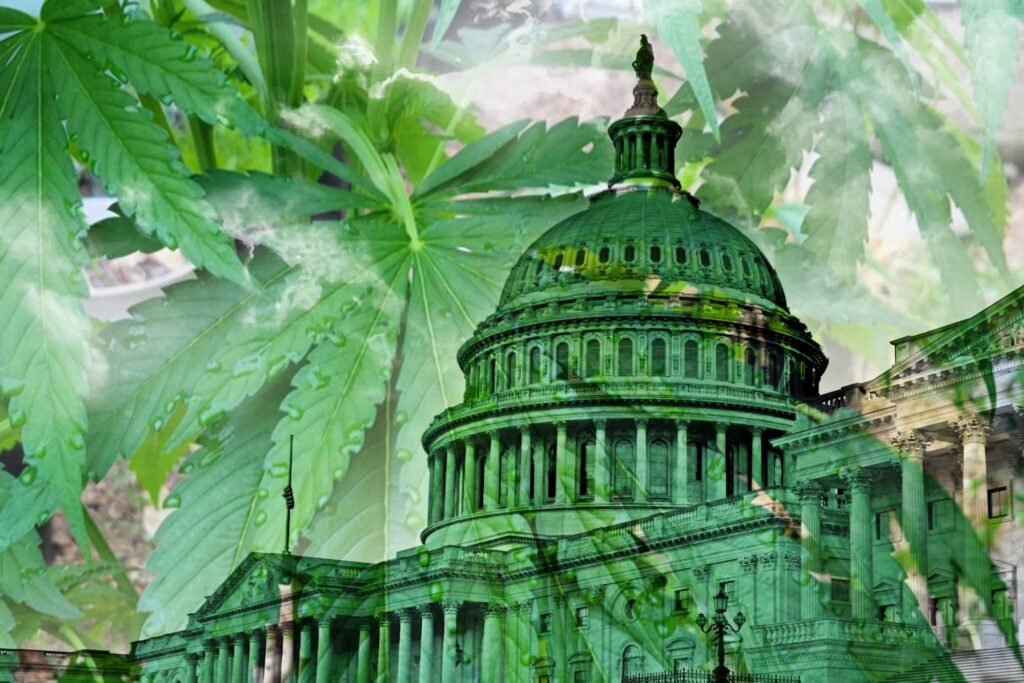
Industry leaders like Tilray’s CEO Irwin D. Simon have praised Trump’s consideration, noting it could foster public health advancements and economic opportunities. Stocks in cannabis companies surged over 20% following Trump’s remarks, reflecting market optimism.
State-Level Progress Amid Federal Delays
While federal legalization news dominates headlines, states aren’t waiting. Oklahoma is pushing a 2026 ballot initiative for adult-use cannabis, and Florida’s Amendment 3 could legalize recreational marijuana this November if it garners 60% support. However, setbacks persist: Texas is considering a ban on all consumable THC, and some states like Indiana saw reform bills die in committee.
Hemp-derived products face scrutiny too, with Senate leaders removing a proposed nationwide THC ban from an agriculture bill after objections from figures like Rand Paul. This patchwork of pot news today underscores the need for cohesive federal action.
Future Outlook: When Will Federal Legalization Be Voted On?
No congressional vote on full federal legalization is scheduled, as prospects under a Republican-led government appear dim. Instead, the focus is on administrative rescheduling, with Trump’s decision expected imminently—potentially by late August or early September 2025. Bills like the STATES 2.0 Act, which would respect state rights while enabling interstate commerce, could resurface, but passage is uncertain.
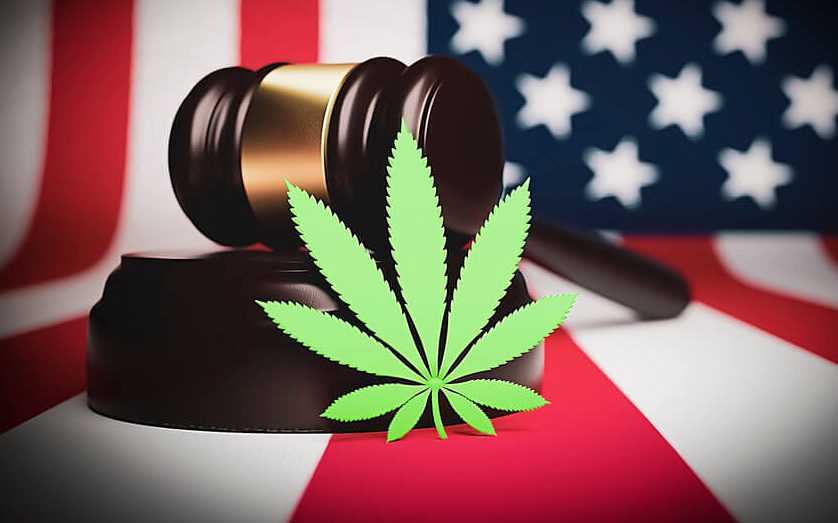
Advocates remain optimistic, with X users and polls predicting broader reforms soon. As one post noted, “Federally Legal Cannabis Nationwide. Period.” Yet, challenges like international treaties and internal dissent could delay progress.
Wrapping Up the Green Revolution
The latest legalization news in 2025 is brimming with promise, driven by Trump’s proactive stance on rescheduling. This could mark a turning point in cannabis reform, addressing long-standing inequities and fostering innovation. For those tracking federal cannabis news or pot reform, staying informed is key—change is on the horizon, and it could transform marijuana’s role in American society. Visit www.knowsdaily.com for more updates on marijuana news today and beyond.

